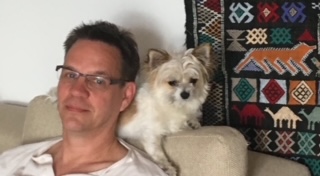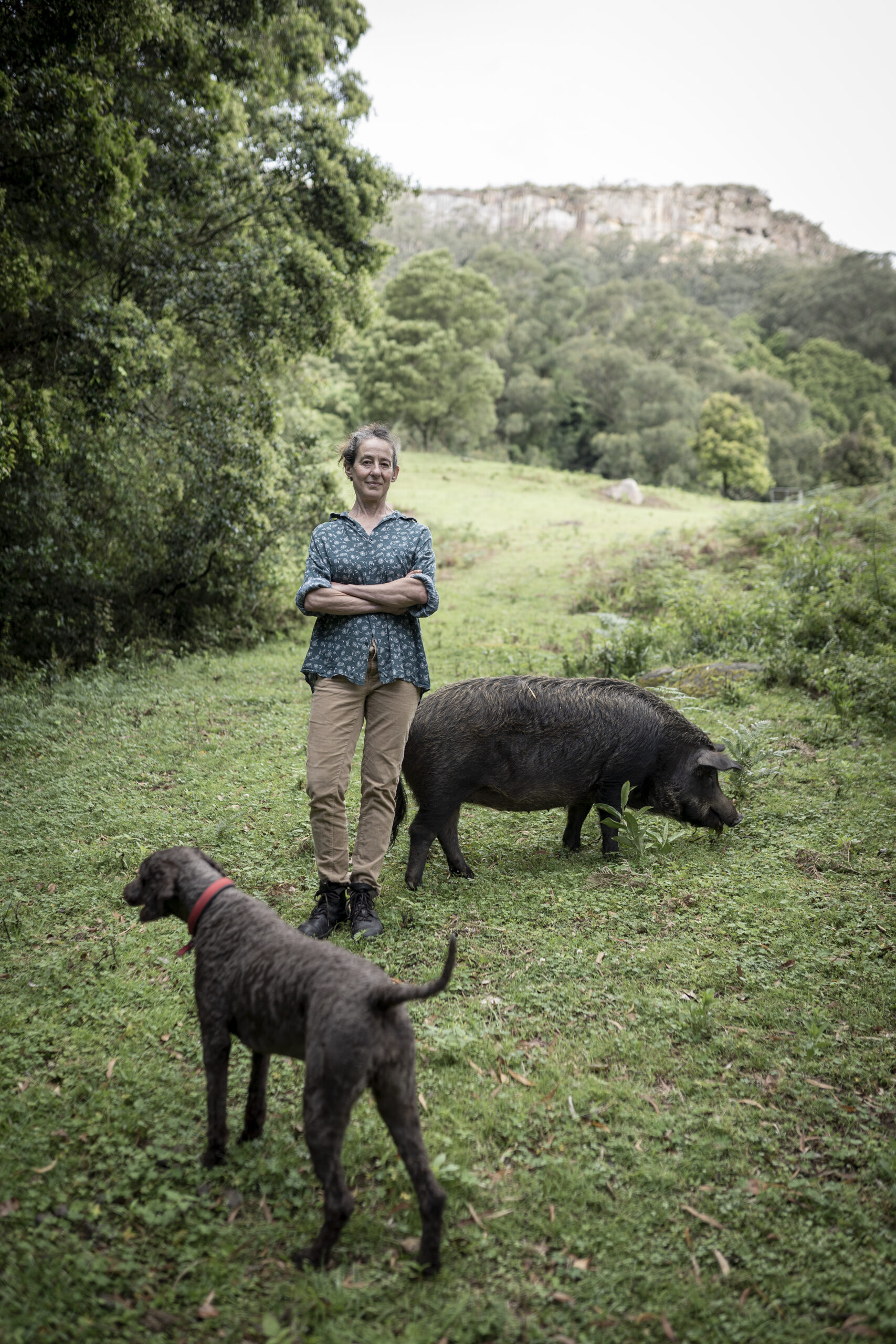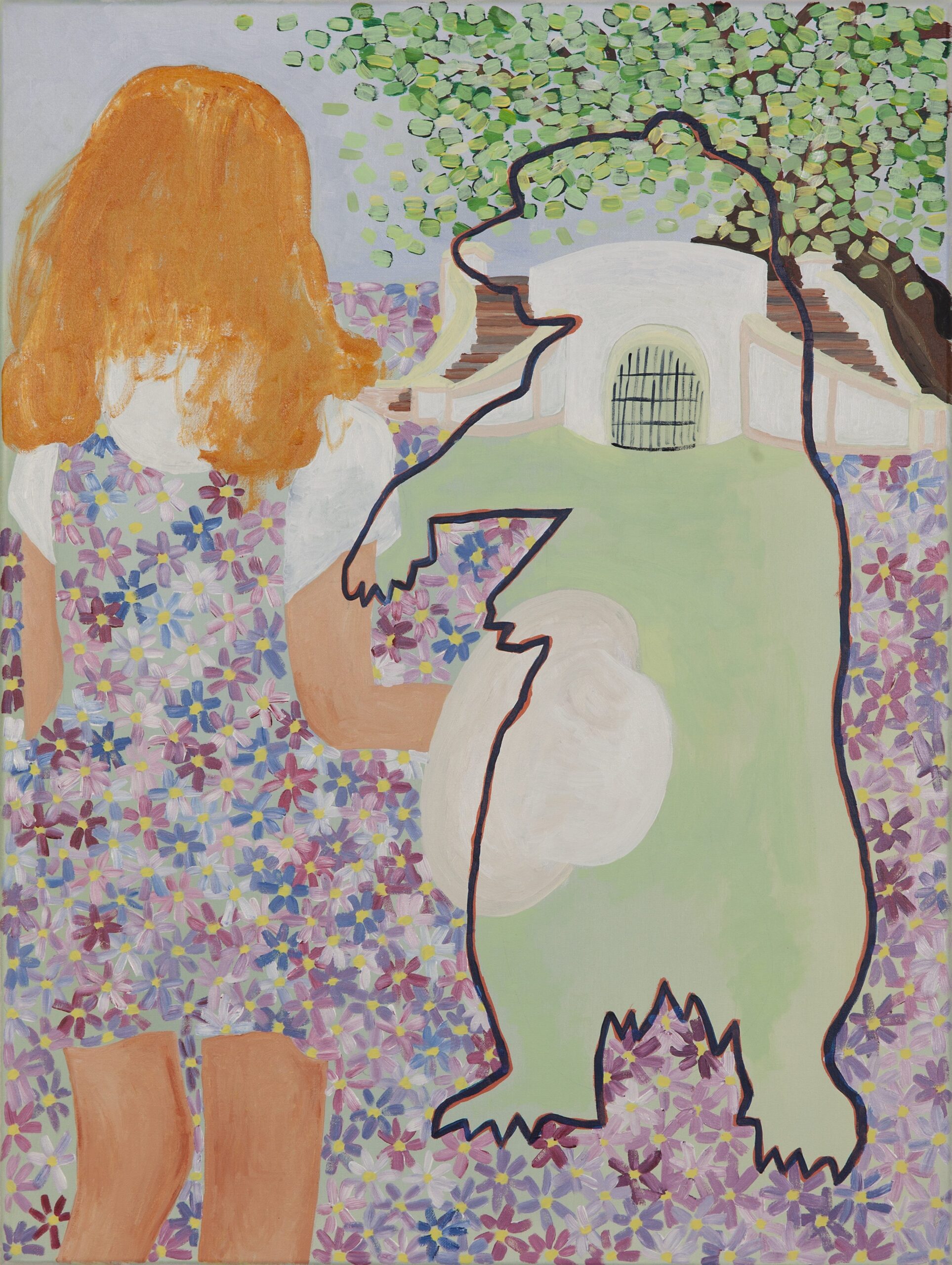Sometimes you come across humans who lived before you whom you wish you had the opportunity to meet because you want to thank them simply for being the way they were, for thinking the way they did and, with it, stirring dominant narratives just enough to prevent them from setting too solidly in place. One such human was nineteenth century German physician and naturalist Gotthilf Heinrich von Schubert who refused to conceive of other animals as inanimate systems. He wrote, poignantly: ‘The look, even of the dying animal, tells its “rational” caretaker or killer that it may not understand the spooky depth of the human being, but that it can sense it.’ We meet Schubert and many others who have shared a more organic view of the animal being – the animal soul – in Kocku von Stuckrad’s latest book A Cultural History of the Soul: Europe and North America from 1870 to the Present (Columbia UP 2022). Kocku is professor of religious studies as well as co-founder and co-director of Counterpoint: Navigating Knowledge, a research centre and information hub at the interface of academic and non-academic knowledge practices and traditions.
TBP: This interface, along with the dissolving of boundaries of various kinds, characterises your own academic and other work. In this world of many different views and interests, solutions will emerge through engaging with the multitude of voices. This is the message I’m getting from your writings generally and your attempts at ‘undisciplining’ religious studies in particular. This is a field, as you point out, that has a lot of experience dealing with the more-than-human world, but it’s in need of some updating and some conceptual undoing, especially in relation to animal studies and biosemiotics. Can you talk about this?
KVS: As scholars of religion we’re constantly dealing with entities and agents who don’t belong to the human species. We’re used to taking seriously people’s talk of gods, ancestors, angels, UFOs, animal spirits, powerful stones, oracular trees, and so on. So, you would think that the academic study of religion would be particularly interested in, and actively contributing to, conceptual work on the ontological and epistemological status of all these other-than-human agencies. But large parts of the study of religion are still hesitant in picking up the conceptual work that has been done in other fields and disciplines. Fortunately, this is changing quite rapidly now, and areas such as ‘new animism’ or ‘religion and ecology’ are connecting actively to discussions in philosophy, ecocriticism, critical posthumanities, and others.
Animal studies have played a major role in this endeavour, as they’ve challenged distinctions between humans and other animals, distinctions that have also dominated the study of religion. Biosemiotics, too, in its attempt to see the entire world as a complex network of communication and life, helps in exploring ‘religion’ as a mode of making sense of the more-than-human world. In a framework of relationality or entanglement, which is a common denominator of many of these intellectual conversations, religion is about organising our relationships with the more-than-human world. If you approach religion in that way, it is clear that disciplinary distinctions don’t make any sense. The study of religion needs to combine so many perspectives, including the arts and what is called the natural sciences. That’s why we should actively ‘undiscipline’ the study of religion and see it as a field of (hopefully learned) conversation about the place of the human within the larger frame of planetary life. In addition to humans, many other participants contribute to this conversation in their agential entanglement with humans: nonhuman animals, plants, but also material and even immaterial ‘subject–objects.’
TBP: In the world of the ‘rational’ human, in which there was no place for other animals, the soul, eventually, had to go, too. But you say that in reality that’s never happened, and that the soul has retained a central place even in the seemingly secular occidental society?
KVS: Particularly in European philosophical traditions, the idea that only humans (well, not all of them but mainly the male, white, educated Europeans) have the capacity to apply rationality and reason, has been very influential. Although animal studies and critical posthumanities (among others) have made it clear that this fetishised idea of human distinction is an artificial invention that serves identifiable interests, the hangover of these traditions is still felt on a global scale. Ideas about the soul play an interesting and ambivalent role in this discourse. Around 1900, many intellectual discussions in Europe addressed questions such as the following: What is the soul? Is the soul something unique to humans? How is the individual soul connected to collective structures or even the ‘world soul’? Can the soul’s immaterial power ‘manifest’ in material phenomena, i.e., do we have to reckon with the unity of mind and matter?
These questions were also relevant for the first generations of professional psychologists who were engaged in discussions with philosophers, scientists, and artists. But in the course of time academic psychology, in its attempt to be accepted as an ‘exact science,’ did away with these ‘occult’ philosophical questions and focused on experimental and reductionist understandings of the human being. The ‘soul’ was basically excluded from academic parlance. Interestingly, though, ideas of the soul flourished outside of the university for the rest of the twentieth century in Europe and North America, particularly in the fields of art, popular culture, and the counterculture of the 1960s and 1970s. The soul became ‘consciousness.’ Much of the discursive changes we’ve seen over the past thirty or so years—with a new interest in animism, other-than-human consciousness, and the agency of the planet (like in the idea of ‘Gaia’)—can be traced back to those earlier understandings of the soul. Nature-based spiritualities, as well as biocentric philosophies that reconceptualise the place of the human within ecologies of agency, have become a growing global phenomenon, influencing environmentalist politics and also lifestyles such as veganism or vegetarianism. In many cases you can even see how scientific theories (for instance the evolutionary idea of human ‘kinship’ with other lifeforms or the idea of radical entanglement in quantum physics) have produced new forms of religion and spirituality. These phenomena contradict simple constructions of secularisation—what we see instead is the transformation of the religious field within secular frames of reference.
TBP: Certainty can be dangerous in all sorts of ways. Too much certainty can preclude imagining, and the capacity for wonder and bewilderment; without this prior soul-work, there won’t be much substance to apply methodological rigour to. Certainty, as you intimated recently in relation to the climate disaster, can also distract from grief and dampen our motivation for action. We need to get comfortable with being vulnerable. You resort to poetry to get this message through to your students. Why?
KVS: It seems to me that vulnerability is a key term for questions about being human these days. I don’t only mean becoming aware of the fact that the planet and its ecosystems are vulnerable and that human regimes of exploitation have afflicted unprecedented damage and extinction on other species and lifeforms. Vulnerability also applies to the human species itself, in several ways: For one, the human species’ very survival obviously depends on the survival of supporting environments, hence the earth’s vulnerability always involves the human. On a deeper level, vulnerability is an underlying dynamic in the philosophical, scientific, and intellectual transformations we’ve talked about; when we frame human being and understanding in terms of relationality, entanglement, ecologies of agency, affect theory, or ‘intra-active becoming-with,’ we leave behind the idea of human mastery and control of the world. We also give up certainty. In both theory and practice, I see this development as an exercise in humility and vulnerability.
Another dimension of vulnerability is its emotional and affective quality. And this is where grief comes into play. Opening ourselves to feelings of grief and leaning into the pain of the planetary community of life—in full realisation that human action is a major cause for planetary pain—can be cathartic. Poetry is a medium that supports processes of grief in a way that brings across the pain but also offers space for healing. Art can do so as well, being a field that experimentally envisions the futures of contemporary worlds. In an ‘undisciplined’ academy, I imagine a future with the full capacity of the human species being brought to the table, with rational and emotional features that allow for interspecies co-creation of knowledge and the intra-active work on human knowledge in all its vulnerability.
Kocku von Stuckrad, PhD, is one of the co-founders and co-directors of Counterpoint: Navigating Knowledge. As a Professor of Religious Studies at the University of Groningen (Netherlands), he works on the cultural history of religion, science, and philosophy in Europe. His most recent book is A Cultural History of the Soul: Europe and North America from 1870 to the Present (Columbia University Press 2022). He lives in Berlin.
Teya Brooks Pribac, PhD, is an independent scholar and multidisciplinary artist, living in the Australian Blue Mountains with other animals. Her recent publications include the Nautilus award winning monograph Enter the Animal, and the recipe collection Not Just Another Vegan Cookbook.



